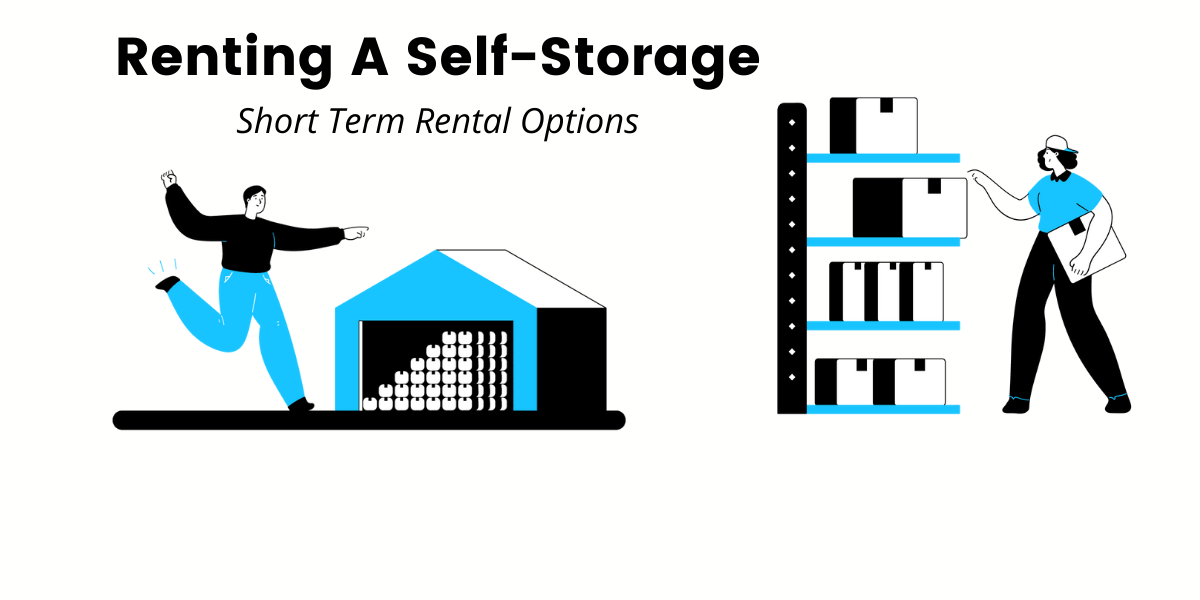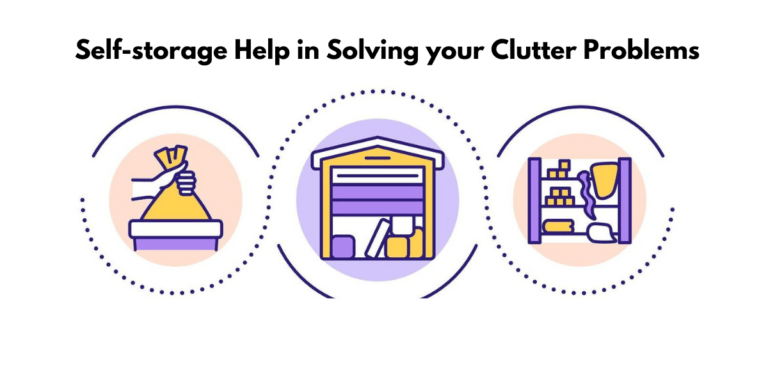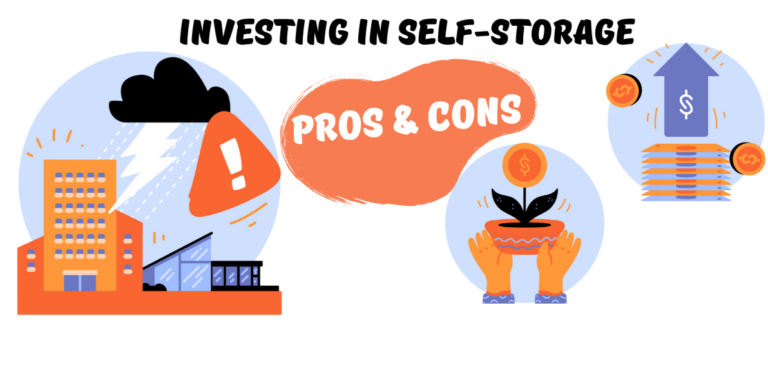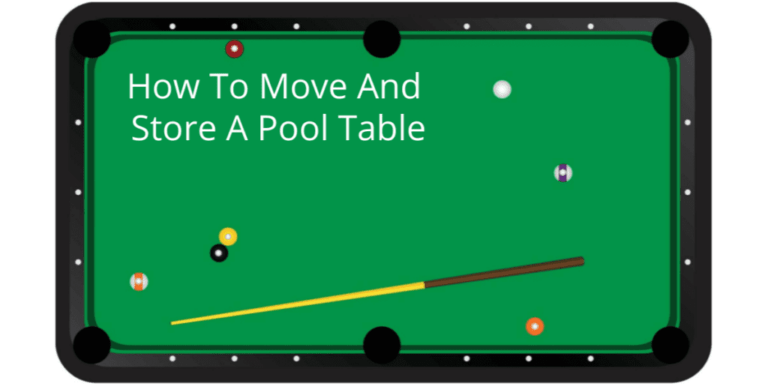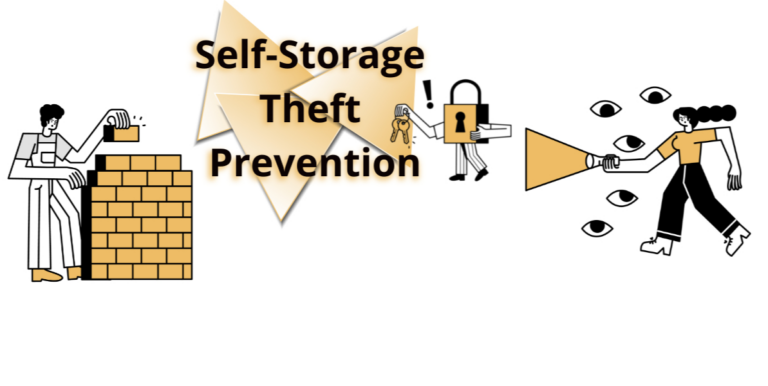Short term Storage Rentals: How To Rent Storage Units Between Move-in Dates
Short-Term Storage Rentals
In the past, moving into a new home meant setting up furniture and appliances. Nowadays, it can also involve renting storage units to eliminate excess items or make things easier in your new place when you move out.
There are many options available for short-term storage rentals, including offsite facilities that provide packing materials and boxes, on-site facility space with pick-up service or drop-off service at no extra charge, a personal company-owned self storage unit rentals (and we’re not just talking of the big ones!), and more.
It’s easy to find a rental facility that fits your needs if you use these tips!
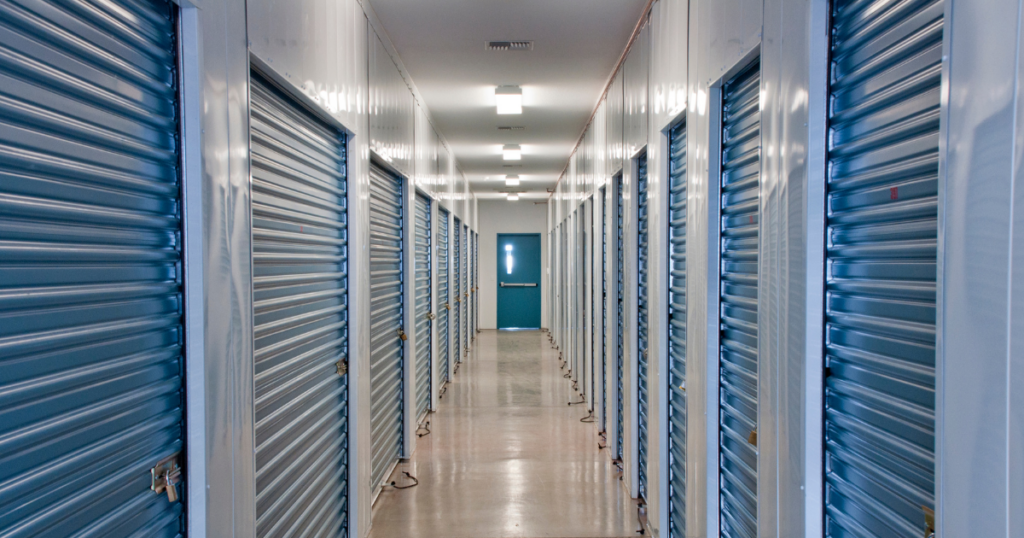
What are some reasons why you might need a short-term storage rental?
Many landlords let their tenants use the garage for storage. However, sometimes there’s not enough room to store everything, and a tenant might need short-term rental space.
Storage units are available in many sizes, from small sheds to commercial spaces.
1. You’re moving and need a place to store your belongings while you’re in between homes.
A short-term storage rental can help with a move by providing a place to store belongings while in between homes. This can be beneficial because it allows people to clear their homes of clutter and have their belongings pre-packed and ready to go when they move.
2. You’re renovating your home and need a place to store your furniture and belongings while the work is being done.
A short-term storage rental, like a PODS container, can help with a home renovation by providing a convenient and protective space for furniture and belongings. The PODS container is easy to move and comes with a wide range of accessories, such as shelves and locks, to make it perfect for your needs.
3. You’re going on a long trip and need a place to store your belongings while you’re gone.
If you’re going on a long trip, you may need to store your belongings somewhere safe. A short-term storage rental can help by providing a secure location for your belongings while you’re gone. Storage units come in different sizes, so you can choose one that’s big enough to hold all your things. And because they’re rented by the month, you can keep your belongings stored for as long as you need.
4. You have too much stuff and need a place to store it until you can get rid of it.
A short-term storage rental can help you declutter your home by providing a place to store your belongings while selling your house. This is a great solution for people who want to clear out their home of clutter before putting it on the market.
How do you find a storage rental unit that meets your needs?
It is not an easy question to answer. The process may seem overwhelming and confusing, especially for people who have never rented. That’s why we created this blog post with answers to some of the most common questions asked by renters.
Consider the location of the storage rental unit
The location of the storage rental unit is important because it can affect the unit’s price, convenience, and security. Storage units in urban areas are typically more expensive than units in rural areas. However, urban units are often more convenient and secure than rural units. To find a storage rental unit near you, use an online search engine or directory.
Determine the size of the storage rental unit you need
To determine the size of the storage rental unit you need, you can use a storage unit size estimator tool. This tool is easy to use and takes a few minutes to complete. All you need to do is input the number of bins or boxes you have. Based on this information, the tool will recommend a storage unit size for you.
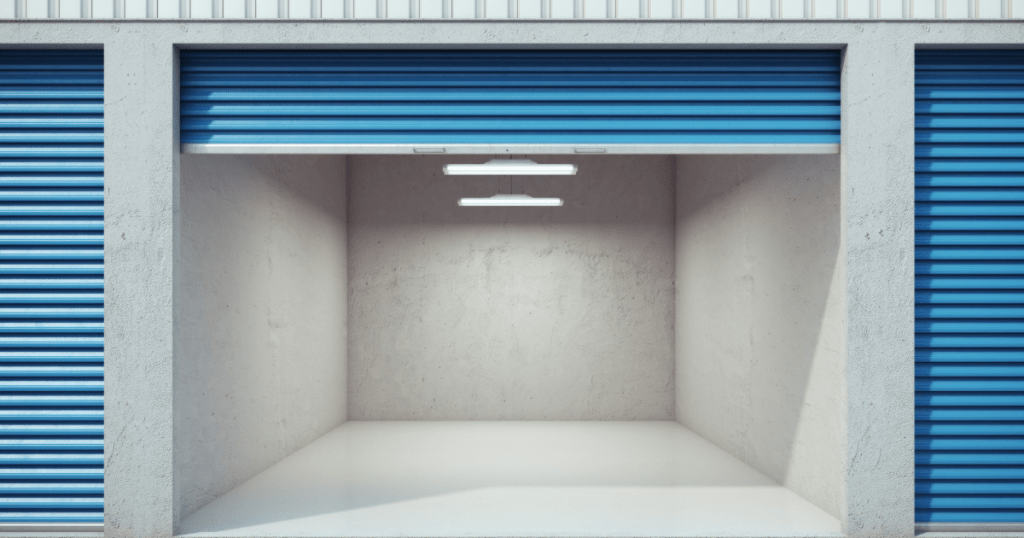
Consider the amenities offered by the storage rental unit
When considering a storage rental unit, it is important to look for a few key amenities. First, the facility should have climate control to ensure that extreme temperatures do not damage your belongings. Second, the unit should have 24-hour access so that you can retrieve your belongings at any time. Finally, the unit should have several locks for added security.
What options are there for storage units?
There are a few things to consider when looking for a storage rental. The first is the location of the storage company. Make sure it is close enough to you so that you can easily access your belongings. The second consideration is the size of the unit. Make sure to choose one large enough to fit all your belongings but not too large, or you will be paying for space you don’t need. Finally, make sure to ask about any promotions or discounts available.
When you require a storage rental, you must search for an available company. Most storage companies offer the option to reserve an available unit ahead of time to ensure your spot and not have to worry about it later on.
Government-issued identification is necessary to rent a storage unit. This includes a driver’s license, passport, or state ID. The government-issued ID proves that the renter is of age and is authorized to sign the rental agreement.
Climate controlled storage
Climate-controlled storage units are storage units kept at a comfortable temperature, typically around seventy degrees Fahrenheit. This is beneficial for people looking to store items that could be damaged by extreme temperatures, such as furniture or electronics.
When storing your items, you have a few different options. You can store them in self storage units, at your home, or in a climate-controlled storage facility. Climate-controlled storage is important if you want to protect your belongings from the weather and humidity.
Portable storage containers
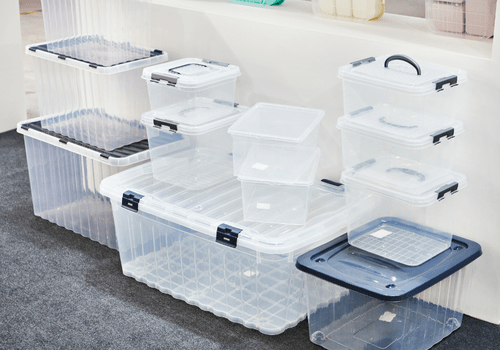
Portable storage units are a great way to store extra items when you don’t have enough space. They come in many different sizes and shapes, but the most popular type is the extra-wide container. This type is wider than a standard container, perfect for storing large objects.
Portable storage containers are perfect for people who often need to move their belongings around. The units are designed to be easily transported, so you can take your stuff wherever you go.
Portable storage containers are a convenient way to store your belongings. Units come in various lengths and door options to find the perfect one for your needs.
Customers use portable storage containers when they are moving or renovating their homes. Businesses also use these units as a convenient way to store inventory or equipment. The units can be delivered and picked up quickly, making them perfect for short-term projects.
Drive-up storage
Drive-up storage units are a great option for customers who need easy access to their belongings. These units are typically located conveniently and allow customers to drive to the unit and unload their belongings without carrying them very far. This is a great option for people who have a lot of stuff or don’t want to struggle with getting their belongings into and out of a storage unit.
Drive-up storage facilities are generally located outside and are more prone to weather changes. For example, they may be susceptible to flooding if there is a lot of rain.
Customers who use drive-up storage can load and unload their belongings anytime during access hours. This means they don’t have to worry about coordinating with a moving company or fitting everything into their schedule.
What tips for packing and storing your belongings in a storage rental unit?
If you’re moving your things from a house or apartment to storage, it can be hard to figure out what to take. This article tips on how best to pack and store your possessions in a rental unit.
Make sure to measure your belongings and your storage rental unit before you move everything in
Before you move your belongings into a storage rental unit, it’s important to measure both your belongings and the unit itself. This will ensure that everything fits properly and that you’re not paying for more space than you need.
To measure your belongings, start by taking inventory of everything you plan on storing. Once you know what you have, begin measuring larger items like furniture. Smaller items, like boxes, determine how many can fit into one cubic foot. Once you have all your measurements, compare them to the size of the public storage unit you’re considering renting.
It’s also important to clean and prep your belongings before storing them long-term. This will help keep them in good condition and prevent damage while in storage. To do this, start by giving all your items a thorough cleaning. If necessary, disassemble furniture, so it takes up less space. Then pack everything carefully using sturdy packing materials. Be sure to label each box with its contents so you can easily find things later.
It may be helpful to label everything as you pack it up so you know where everything is when you need it again
It’s important to label everything as you pack it up for storage. This will help you keep track of your belongings and make it easier to find them when you need them again. You can label each box with the contents and the box number. Ensure the labeled part of the box faces the front of your storage unit. You can also label each item with a date and a note about the item.
If you have any delicate items, make sure to pack them properly, so they don’t get damaged in storage
To pack and store delicate items in a storage rental unit, you must take a few extra steps to ensure they are protected. First, you will want to ensure that the items are clean and dry before storing them. Next, you will want to use sturdy cardboard boxes or clear plastic bins to pack the items. You will also want to use bubble cushioning, plastic wrap, packing paper, and packing tape to protect the items further. Make sure to label each box with what is inside so that nothing gets lost or damaged. You should also number each box to track which one is which. When storing the boxes in the unit, place them higher up, so they are not crushed by heavier items. Finally, save an inventory list in an easy-to-access location so that you can quickly find what you need when you need it.
Make sure to clean your storage unit before you move your belongings in and sweep it out regularly to prevent pests
Before you move your belongings into your storage unit, be sure to clean them out. This will help prevent pests from taking up residence. Vacuum any pillows and upholstery, and disinfect any boxes. Disassemble furniture to open up more floor space for boxes and belongings.
Once everything is in the storage unit, sweep it out regularly to prevent pests. Label everything with the contents and the box number. Be careful with mirrors and artwork – place them high up so heavier items do not smash them. Clean the areas around your storage unit regularly to keep it clean and pest-free.
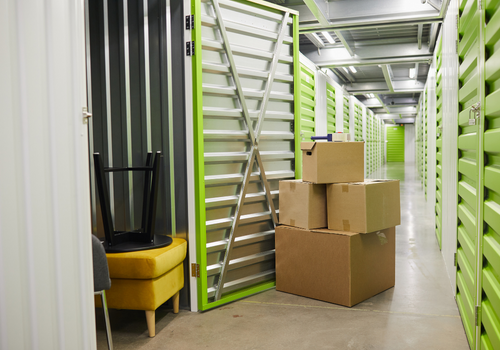
Process of renting storage units
Storage companies typically have a minimum amount of time you can rent a unit. This is usually either one month or one week. They also offer contracts that are monthly or weekly. It is important to note that most storage companies will charge you an early termination fee if you cancel your contract before the end of the term.
Renting a storage unit for a short period is often difficult, as many storage companies require a minimum 3-month contract. This means you’ll need to let the company know if you want to rent the unit for a shorter time by a certain date.
When renting self storage units, it is important to be aware of the terms and conditions of the rental agreement. You may end up paying for next month regardless of whether or not you are still using the storage unit. Storage units are typically more affordable and easier to find than traditional storage facilities.
Self storage is a great way to declutter your home and make more space. It’s also incredibly convenient, as you can rent a storage unit for as little as one month. I highly recommend renting self storage units if you’re only storing a few items.
Self storage rental facilities are popping up everywhere for a good reason. More and more people are moving yearly and need a place to store their extra belongings. If you’re looking for a storage unit, it’s important to know your options. In most cases, you have two choices: Renting self storage units or using full-service storage. Full-service storage is becoming increasingly popular, especially in urban areas. If you live in a city, you should take advantage of full-service storage. It’s the best way to store your belongings.
Prepare your stuff
Storage Units need to be prepared before storing any items. Knowing what is and isn’t allowed inside the storage unit is important. Additionally, it can be helpful to have an inventory list of everything stored to keep track of everything.
When packing, be strategic about where you put items and how exactly you place your belongings. For example, boxes should be placed higher in a storage unit not to get crushed. You’ll also want to leave space between boxes and around the edges of the unit to allow airflow.
When packing for your self storage unit, remember to think about what will be easiest to access later. If there’s room, lay your mattress on top of the boxes to avoid getting damaged over time. And consider placing a step stool inside to make it easier to reach items up high.
Choose a storage facility
Storage facilities are a great option for storing your belongings when you don’t have the space. This quick introductory video will learn about the different storage unit sizes and what features each facility offers.
When you have found the right storage facility, it’s easy to pay and sign the lease. Once that is complete, you move your belongings into storage. The storage facility will usually have different sizes, so choose the best suits your needs.
When choosing a storage facility, you must decide if climate control is important and 24-hour access is necessary. Additionally, you will need to decide if the facility is open on Sundays. This can be important for people who need to access their belongings regularly.
When looking for self storage units, availability is key. The facility should be open during the hours you are available to drop off or pick up your belongings. Additionally, the facility should be well-lit. This will help you feel safe when accessing your belongings.
When looking for a storage facility, it is important to consider a few factors. The first is video monitoring- how many locks and cameras are on the premises? This will give you an idea of how safe your belongings will be. Secondly, check online reviews to see what others have said about the facility. Finally, take into account the size and location of the facility.
Determine what size unit you need
Storage units are available in a range of sizes to fit your needs. Most storage facilities offer at least five different sizes, starting with 5’x5 ′ and going up to 10’x20 ′. You can choose the size that best suits your needs, whether you’re looking for temporary or long-term storage.
Storage unit prices and square footage vary widely, so it is important to research before settling on a specific facility. You can use the size guide below as a reference when determining what size unit you need. Remember, it is always best to overestimate than underestimate the needed space.
Rent a storage unit online or in-person
There are pros and cons to renting a storage unit online and in person. If you decide to rent online, you’ll save yourself time because you can do it all from your computer or phone. However, if you’re looking for a more personal experience, renting in person might be a better option.
Nevertheless, if you are comfortable with the process and confident in your decision, you can rent a storage unit online. However, call ahead or check the company’s website to see its policies. This will give you a better idea of what to expect when you move your belongings into the storage unit.
Complete your rental agreement
The rental agreement is the most important part of your self storage lease. This document will outline all the terms and conditions of your lease and what is expected of you during your stay. Make sure to read and understand the agreement before signing it!
When you’re ready to rent self storage units, review all the terms and conditions before signing the agreement. You can either sign this agreement in person or online, depending on the circumstances. You’ll avoid surprises by reading and understanding everything in the contract.
Lease terms are important, but we technically can’t give you any legal advice. You should always consult with an attorney if you have specific questions about your lease agreement and if you need to know in-depth information about tenant rights. However, a storage manager can help explain the lease terms and answer any questions you may have.
Even though the contract is straightforward, we recommend you seek legal counsel if you have any specific questions. This will help ensure that you understand all the terms and conditions of the rental agreement before signing it.
Pay your rental fee
You will be responsible for your first month’s rent when you sign your lease. Be sure to make monthly payments on time to avoid late fees – if you are late on payment for a few months, your storage unit could be repossessed.
Access your unit and move in
If you rented your unit online, you would receive an email with the access code and instructions. You must enter the code and follow the on-screen instructions to gain access to your unit.
Here are some frequently asked questions about storage units.
What can you store in a storage unit?
Storage units can be used for various purposes, including storing items during construction or while working on municipal projects. Storage units can be rented in addition to being used for personal storage. If you need to store large items, you may need to consider renting an additional storage unit.
Portable storage units are a great way to store seasonal inventory and excess supplies. Retail and hospitality sites use portable storage containers to save valuable floor space.
Storage units can store equipment, supplies, and records for a business. Storage units can help businesses free up indoor space without costly moves, renovations, or remodels.
What do you need to rent a storage unit?
To rent a storage unit, you must have a government-issued ID. Most storage companies will require that customers have some form of identification. Storage units are available in different locations, and you can research the company you wish to use in advance. You may be able to reserve a storage center online or by calling the company. Most storage companies will allow you to reserve an available storage unit at least a month in advance. Depending on your contract, you’ll be given a move-in date and will be charged weekly or monthly.
What type of storage unit do you need?
There are two main types of storage units: self storage and full-service storage. Self storage is typically more affordable and is a good option if you have easy access to a car and don’t plan on storing excessive items. Full-service storage is more expensive but is a convenient option if you live in a large urban area and have trouble parking. Storage units can be rented for specific items, such as boats, cars or motorcycles. If you need more space than what is available in a standard storage unit, you may need to consider renting additional storage space.
Do storage facilities offer insurance?
Many storage facilities offer insurance to their renters in the event of theft or damage to stored items. A third-party carrier often provides this insurance. It is important to consult with your agent before purchasing any additional insurance, as your homeowner’s or renter’s insurance policy may already cover your belongings while in storage. Off-premises home insurance coverage typically has a limit of $1,000 or 10 percent of the policy’s property limit, whichever is greater. Storage units are secured with the tenant’s lock and key, and facilities are not liable for theft or damage to property as they are not in a warehouse setting. Storage facilities generally take possession of stored items if rent is not paid.
Do self storage facilities allow short-term rental?
Storage companies usually offer monthly contracts or weekly contracts. This means you can rent a storage unit for a week, month, or longer, depending on what works best for you. However, it is important to note that not all storage facilities allow short-term rentals, and some may charge a higher rate for shorter terms.
While in other storage facilities, you can rent a unit for a shorter period. For example, some places can rent a unit for as little as three months. This is great if you are in between moves and need to store your belongings temporarily.
- Living on the road: A guide on how to get started - October 22, 2022
- Storing Statues: A Guide To Storing Statues In A Storage Unit Safely - September 11, 2022
- Short term Storage Rentals: How To Rent Storage Units Between Move-in Dates - August 6, 2022

